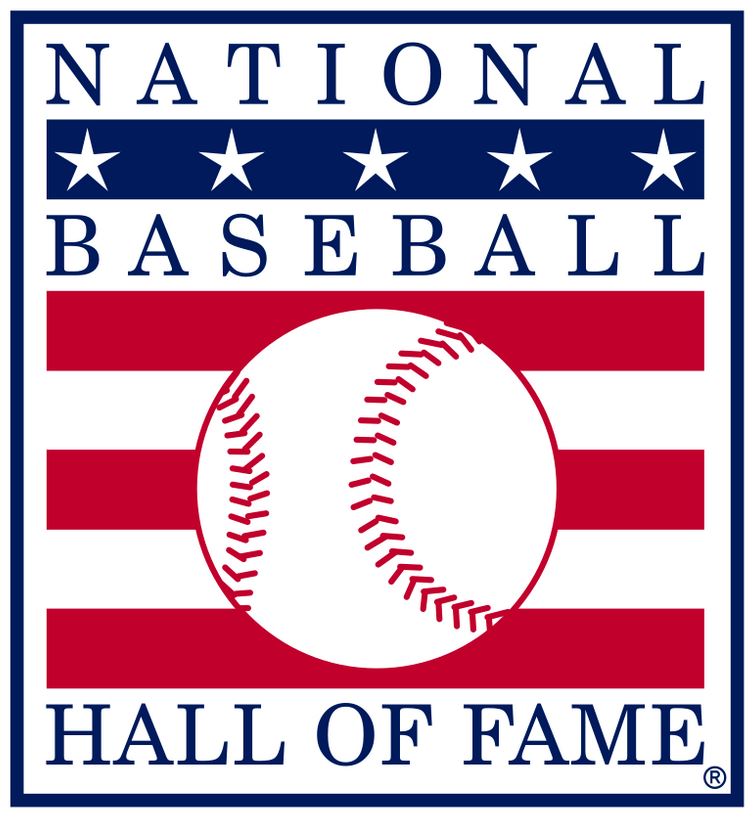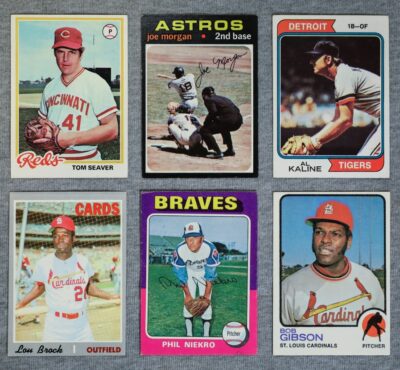From my earliest recollections of having a catch with my childhood buddies and getting after it on the diamond to following America’s favorite pastime through any and every means possible — newspaper box scores, transistor radios, televised games, MLB.com, BaseballReference.com, and newfangled sabermetrics discussions — baseball and its glorious history have ignited passions in me as no other sport ever will.
The game is not without its flaws, some of which were fixed last year with the advent of a first-ever pitch clock, the elimination of the shift, larger bases, and a limit to how many times a pitcher can disengage from the rubber.
More logical moves are coming in 2024 — an even shorter pitch clock, a wider lane for runners going to first base, and a reduction of visits to the pitcher’s mound from five to four per game.

The powers-that-be deserve a Standing O for these progressive changes, all of which have made the beautiful game more appealing to diehard and next-generation fans.
How about if those who care about the game now turn their attention to making baseball’s Hall of Fame voting sensible and fair?
HOF Voting
Since 1936, tenured Baseball Writers Association of America (BBWAA) members have voted on players eligible for baseball’s highest honor. A player needs to reach 75 percent of the vote of the BBWAA to gain enshrinement.
Recent wonky ballots have left fans shaking their heads:

- Some writers have left their ballots completely blank for multiple years, obviously not impressed with either the status or the privilege of being a voter for the game they cover.
- Some writers don’t vote for the allowed 10 players on their ballot. Note that there is nothing in the voting rules that says a BBWAA voter must pick 10 players, but c’mon …
- Some writers have championed specific players as worthy of their votes for enshrinement one year, then left those same players off their ballot the following year, and then included them on their ballot the year after that. What did these players do in retirement to suddenly become unworthy of ballot consideration?
- In some years, no players have been elected to the HOF despite there (arguably) being worthy candidates. That last happened in 2021, but it also occurred in 2013, 1996 and 1971.
Without question, some writers’ assessments of HOF worthiness are tethered to strong opinions about steroid-tainted ballplayers. More recently, advanced metrics have changed how the game is played on the field and how players are evaluated for possible HOF enshrinement.
The path to election is a mess, fueling discontent, frustration and even prejudice. It’s “pastime” to fix this broken system and hopefully reinvigorate the process.
A Good Solution
There are, of course, lots of opinions on how to overhaul the voting process. I’m a proponent of the KISS theory — Keep It Simple, Stupid. With that pathway in mind, I’ve embraced Dan Good’s simple views on overhauling the voting procedure.
Mr. Good is a seasoned book writer, ghostwriter, journalist, and editor. He’s held leadership roles with the New York Daily News and New York Post and also worked for NBC News, ABC News, and local news outlets in New Jersey and his native Pennsylvania.
His solution: The HOF annually enshrines the top two finishers in the BBWAA voting — and any others who top 75 percent — along with anyone else elected through committee voting. As an example of the latter, the Era Committees consider retired MLB players no longer eligible for election by the BBWAA, along with managers, umpires and executives.
This simple modification to the voting system would pinpoint those players who traditionally have reached the HOF, effectively enshrining them years earlier without watering down election classes with unworthy candidates.
Mr. Good writes, “The “Top 2” process is 95 percent accurate — and for the roughly half of Hall of Famers who wind up having to wait before getting elected, it can reduce their wait times by an average of eight years.

This system … would allow the deserving players to smell the roses while they still can; keep fans engaged; ensure that someone is elected each year without greatly expanding the number of enshrinees; take away the empty, hollow feeling of worthwhile candidates falling short year after year; and bring back some life to a stagnant, stale voting process.”
What’s not to like about this proposal?
Now, let’s talk about who deserves admission and who does not — please visit my thoughts on this combustible topic.










